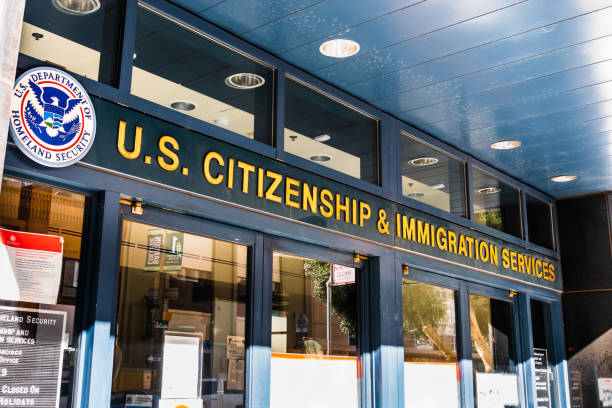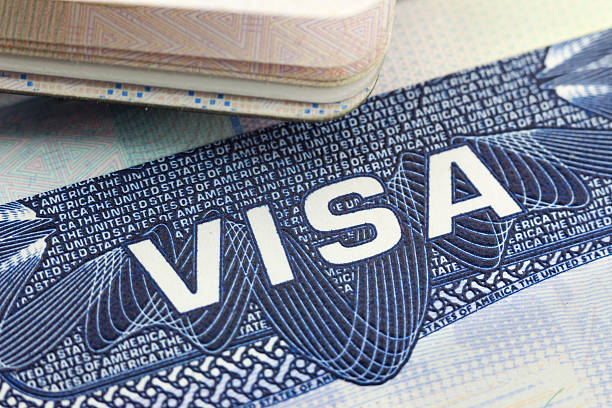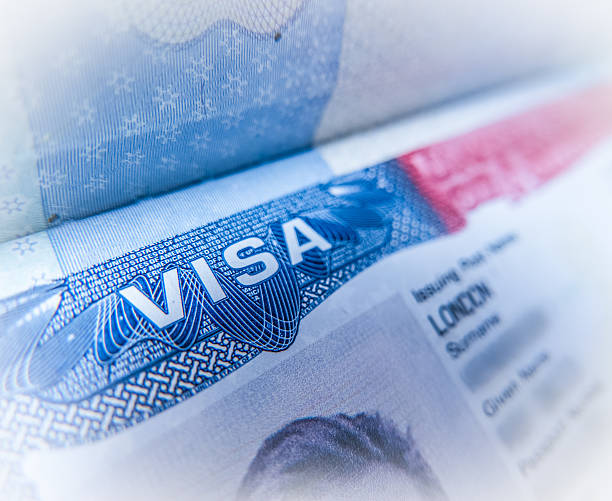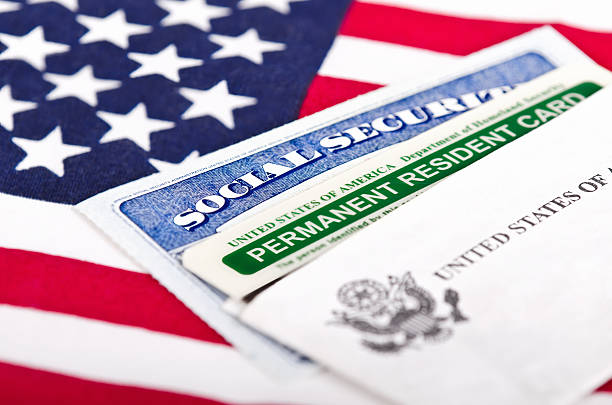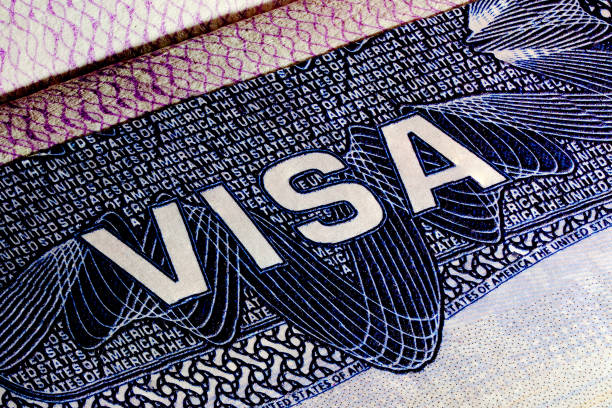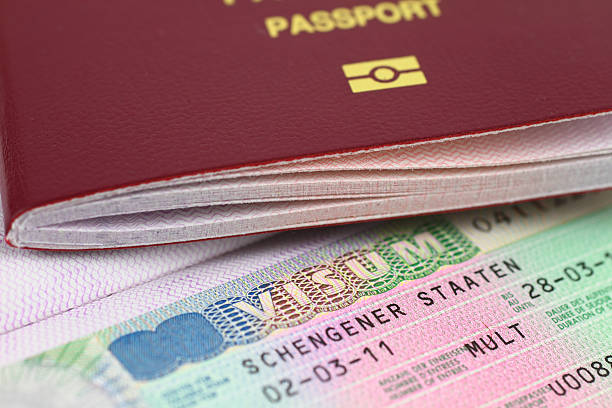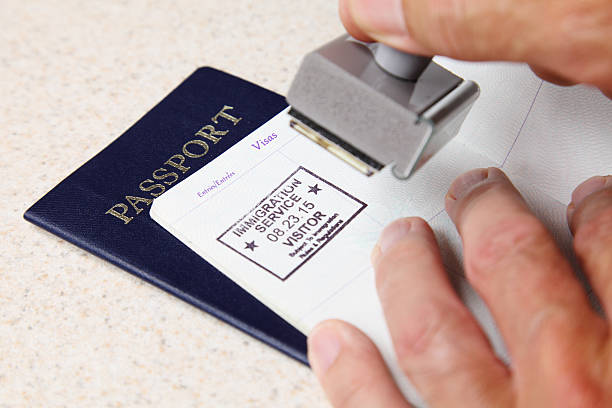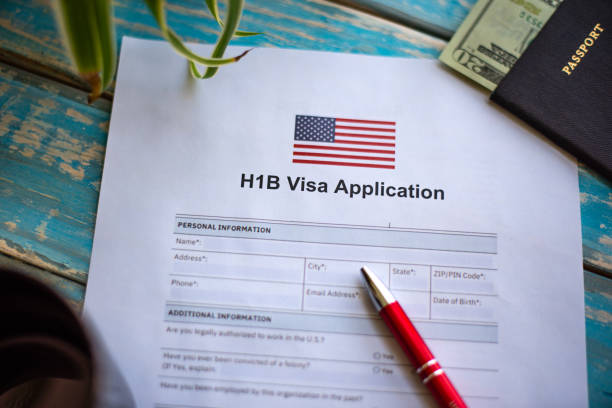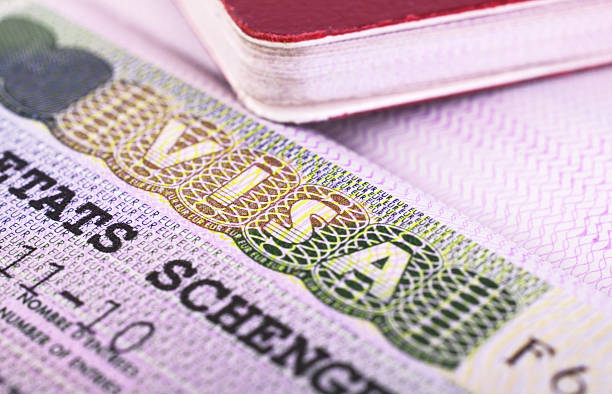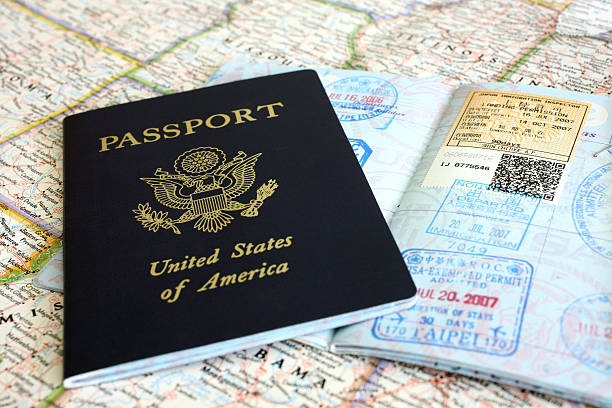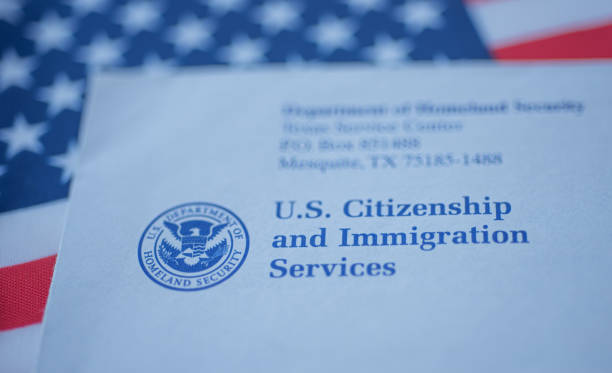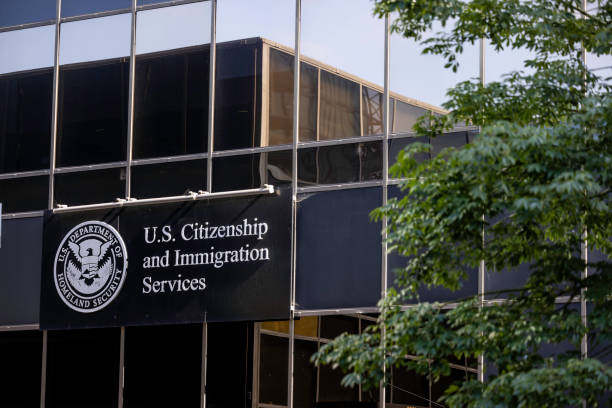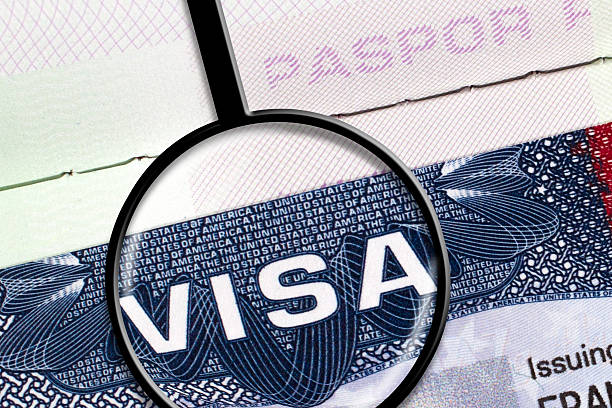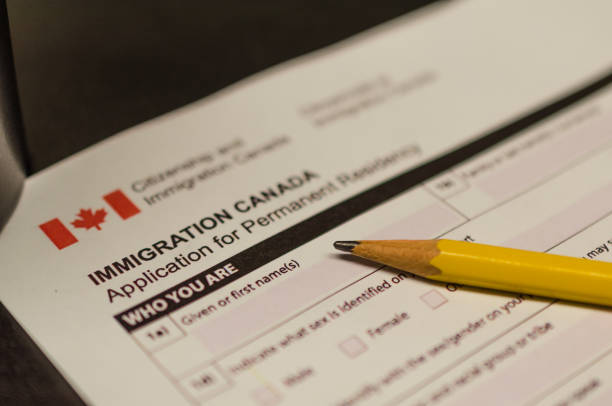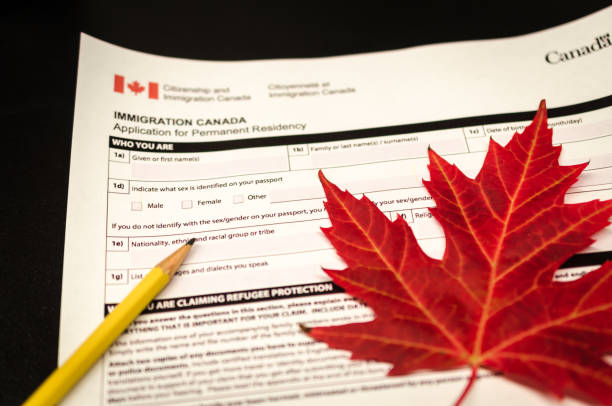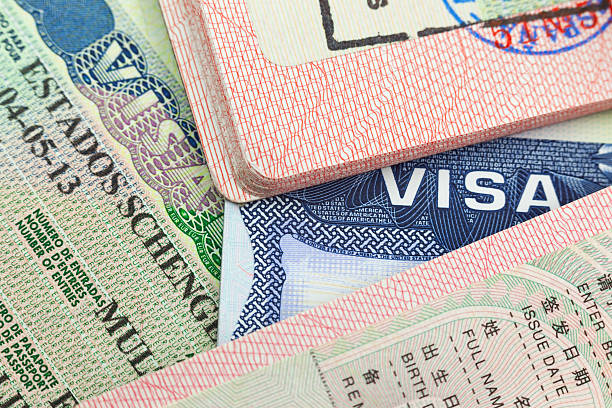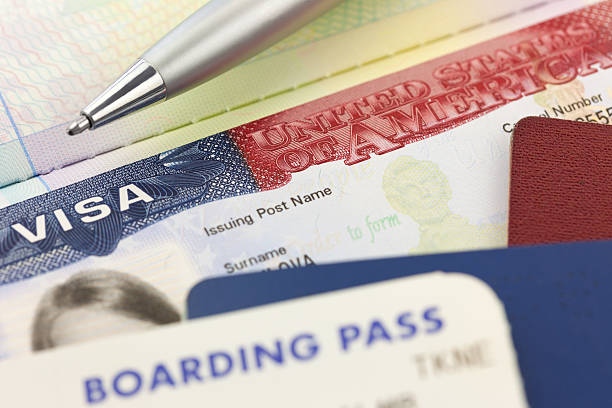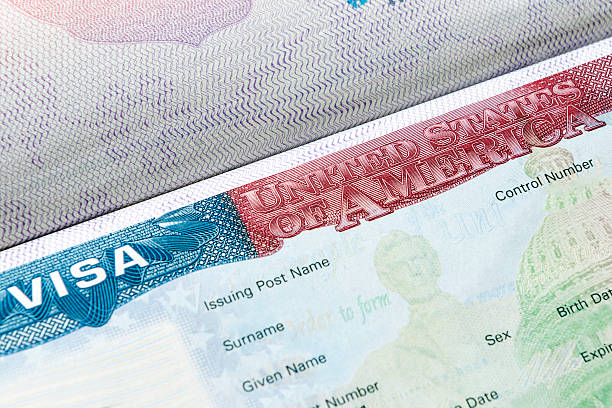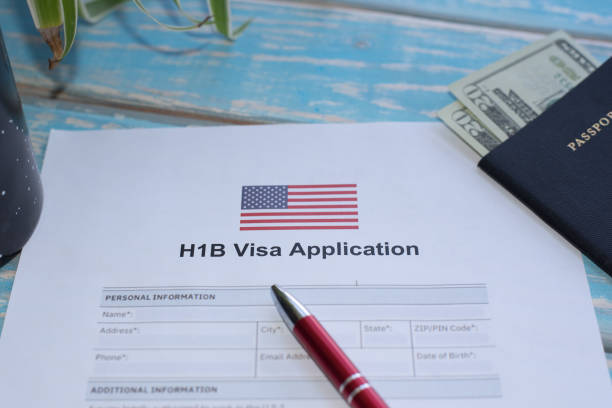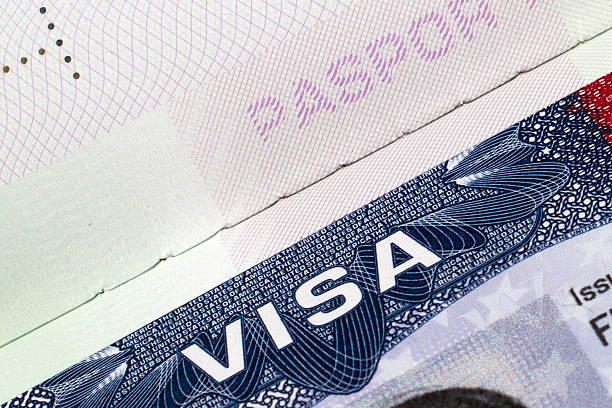
How to Handle Financial Planning for Your Immigration
How to Handle Financial Planning for Your Immigration
Immigrating to a new country involves various financial considerations, from visa application fees to settling in your new home. Proper financial planning is crucial to ensure a smooth transition and avoid unexpected financial stress. This guide outlines essential steps for handling financial planning effectively during your immigration process.
1. Assess Your Financial Situation
Before embarking on your immigration journey, it's important to evaluate your current financial status to understand your budget and financial needs.
1.1. Calculate Your Current Assets and Liabilities
Start by listing all your assets (e.g., savings, investments, property) and liabilities (e.g., debts, loans). This will give you a clear picture of your financial health and help you determine how much you can allocate for immigration-related expenses.
1.2. Estimate Your Immigration Costs
Identify all potential costs associated with immigration, including visa application fees, legal fees, medical exams, travel expenses, and settlement costs. Create a detailed budget to cover these expenses and any unforeseen costs.
Find more information on immigration costs at Immigration.gov.
2. Create a Detailed Budget
Creating a comprehensive budget helps you manage your finances and plan for both immediate and long-term expenses.
2.1. Include One-Time and Recurring Costs
Separate your budget into one-time costs (e.g., visa fees, moving expenses) and recurring costs (e.g., rent, utilities). This will help you understand your financial obligations and plan accordingly.
2.2. Plan for Unexpected Expenses
Set aside a contingency fund for unexpected expenses that may arise during the immigration process. This could include emergency medical costs, additional travel expenses, or unforeseen delays.
For budgeting tools and advice, visit Budgeting Tools.
3. Explore Financial Assistance and Funding Options
There are various financial assistance and funding options available to help with immigration costs.
3.1. Research Scholarships and Grants
If you are moving for educational purposes, look for scholarships and grants that can help cover your tuition and living expenses. Many institutions and organizations offer financial aid to international students.
3.2. Consider Loans and Credit Options
Explore loan and credit options to finance your immigration expenses. Ensure that you understand the terms and interest rates before committing to any financial products.
Learn about financial aid options at Scholarships.com or Credit Advice.
4. Prepare for Cost of Living in Your New Country
Understanding the cost of living in your new country helps you plan your budget and avoid financial strain.
4.1. Research Housing Costs
Research the cost of housing in your new location. Consider factors such as rent, utilities, and any additional fees. This information will help you budget for your accommodation expenses.
4.2. Calculate Living Expenses
Estimate your monthly living expenses, including groceries, transportation, healthcare, and entertainment. This will help you create a realistic budget and manage your finances effectively.
For cost of living information, visit Numbeo or Expatistan.
5. Manage Your Finances During the Immigration Process
Effective financial management is essential throughout the immigration process to ensure that you stay on track with your budget.
5.1. Track Your Expenses
Keep track of all your expenses and compare them against your budget. Use financial tracking tools or apps to monitor your spending and adjust your budget as needed.
5.2. Stay Informed About Financial Regulations
Familiarize yourself with the financial regulations and tax requirements of your new country. This includes understanding any obligations related to income tax, banking, and financial reporting.
Learn more about financial regulations at International Tax or Tax Advice.
6. Conclusion
Handling financial planning effectively is crucial for a successful immigration process. By assessing your financial situation, creating a detailed budget, exploring financial assistance options, preparing for the cost of living, and managing your finances carefully, you can navigate the immigration journey with confidence and avoid financial stress. Proper planning and management will help ensure a smooth transition to your new life.








